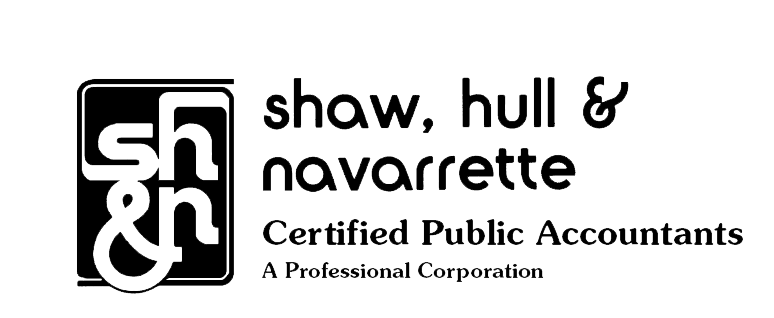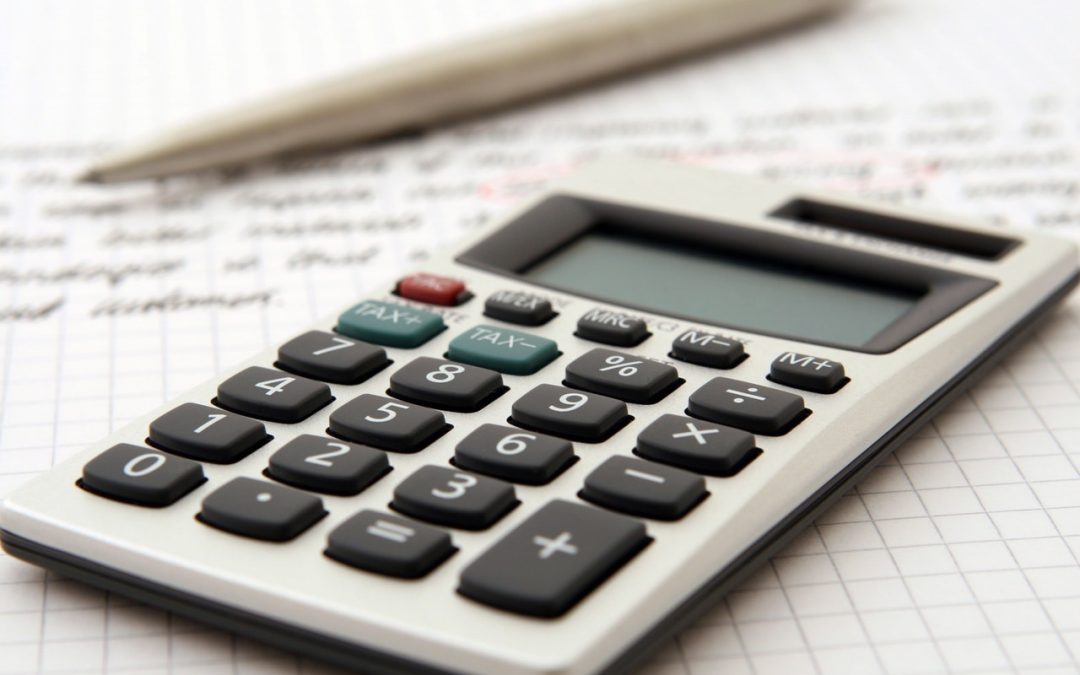As we move into the fall season, we want to take time to discuss a few summer updates from the IRS. Today we talk about the ability to amend returns for expensing election, the recently released 2018 inflation adjustments for Health Savings Accounts and information the IRS’s private debt collection program.
Still time to make expensing election on amended returns. The tax law’s expensing rules allow a business to elect to currently deduct the cost of business machinery and equipment—up to a dollar limit—instead of recovering its cost via depreciation over a number of years. The Protecting Americans from Tax Hikes Act of 2015 (the PATH Act) made a number of important improvements to the expensing break. The main changes were that the $500,000 annual expensing limitation and $2 million investment ceiling amount were retroactively extended and made permanent (they were to have expired after 2014). Additionally, the PATH Act made the following changes to the expensing break, effective after 2015: the $500,000 annual expensing limitation and $2 million investment ceiling amount were made subject to inflation indexing; expensing of qualified real property was made permanent without a complex carryover limitation that applied under prior law; the $250,000 expensing limitation that applied to qualifying real property under prior law was eliminated; and certain air conditioning and heating units became newly eligible for expensing.
Noting that there has been taxpayer confusion about making an expensing election for tax years that begin after 2014, the IRS announced that, for any tax year that begins after 2014, a taxpayer may make an expensing election for any expensing-eligible property without the IRS’s consent on an amended Federal tax return for the tax year in which the taxpayer places in service the expensing-eligible property.
IRS releases next year’s inflation adjustments for health savings accounts (HSAs). Eligible individuals may, subject to statutory limits, make deductible contributions to an HSA. Employers, as well as other persons (e.g., family members), also may contribute on behalf of an eligible individual. A person is an “eligible individual” if he is covered under a high deductible health plan (HDHP) and is not covered under any other health plan that is not a HDHP, unless the other coverage is permitted insurance (e.g., for worker’s compensation, a specified disease or illness, or providing a fixed payment for hospitalization).
The IRS has released the annual inflation-adjusted contribution, deductible, and out-of-pocket expense limits for 2018 for HSAs. For calendar year 2018, the limitation on deductions is $3,450 (up from $3,400 for 2017) for an individual with self-only coverage. It’s $6,900 (up from $6,750 for 2017) for an individual with family coverage under a HDHP. Each of these amounts is increased by $1,000 if the eligible individual is age 55 or older. For calendar year 2018, an HDHP is a health plan with an annual deductible that is not less than $1,350 (up from $1,300 for 2017) for self-only coverage or $2,700 (up from $2,600 for 2017) for family coverage, and with respect to which the annual out-of-pocket expenses (deductibles, co-payments, and other amounts, but not premiums) do not exceed $6,650 (up from $6,550 for 2017) for self-only coverage or $13,300 for family coverage (up from $13,100 for 2017).
IRS’s private debt collection program kicks off. IRS announced that beginning in April, 2017, it would start sending letters to notify “a relatively small group of individuals” with overdue federal tax that their accounts had been assigned to one of four private collection agencies (PCAs). The assignments were authorized by legislation enacted in 2014. PCAs are authorized to discuss payment options, including setting up payment agreements with taxpayers. But, as with cases assigned to IRS employees, any tax payment must be made, either electronically or by check, to the IRS. The IRS also warned taxpayers to be wary of scammers posing as PCAs and to keep in mind that a legitimate PCA will only be calling about a tax debt that the person has had—and has been aware of—for years and had been contacted about previously in the past by IRS. Find out more about this program at http://www.irs.gov/businesses/small-businesses-self-employed/private-debt-collection
Please don’t hesitate to Contact Us if you have any questions.

